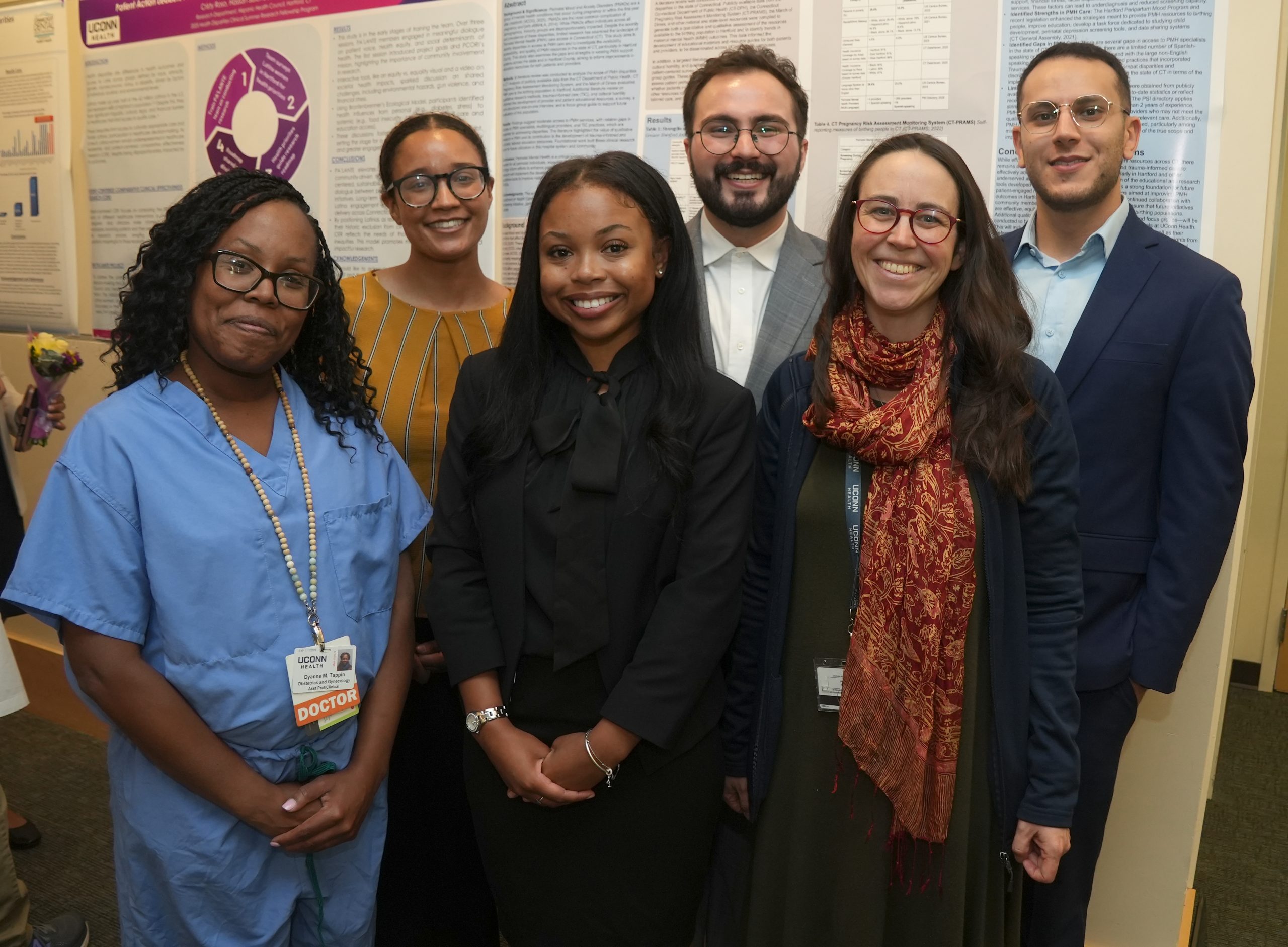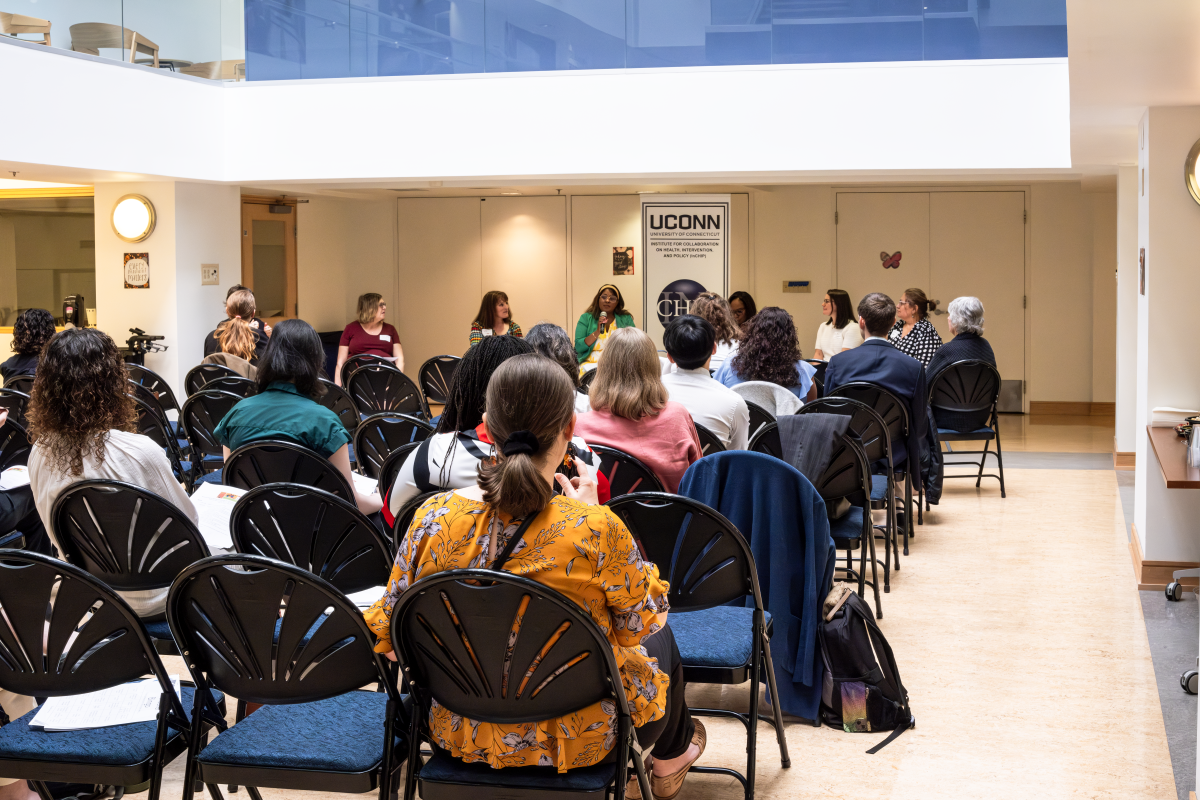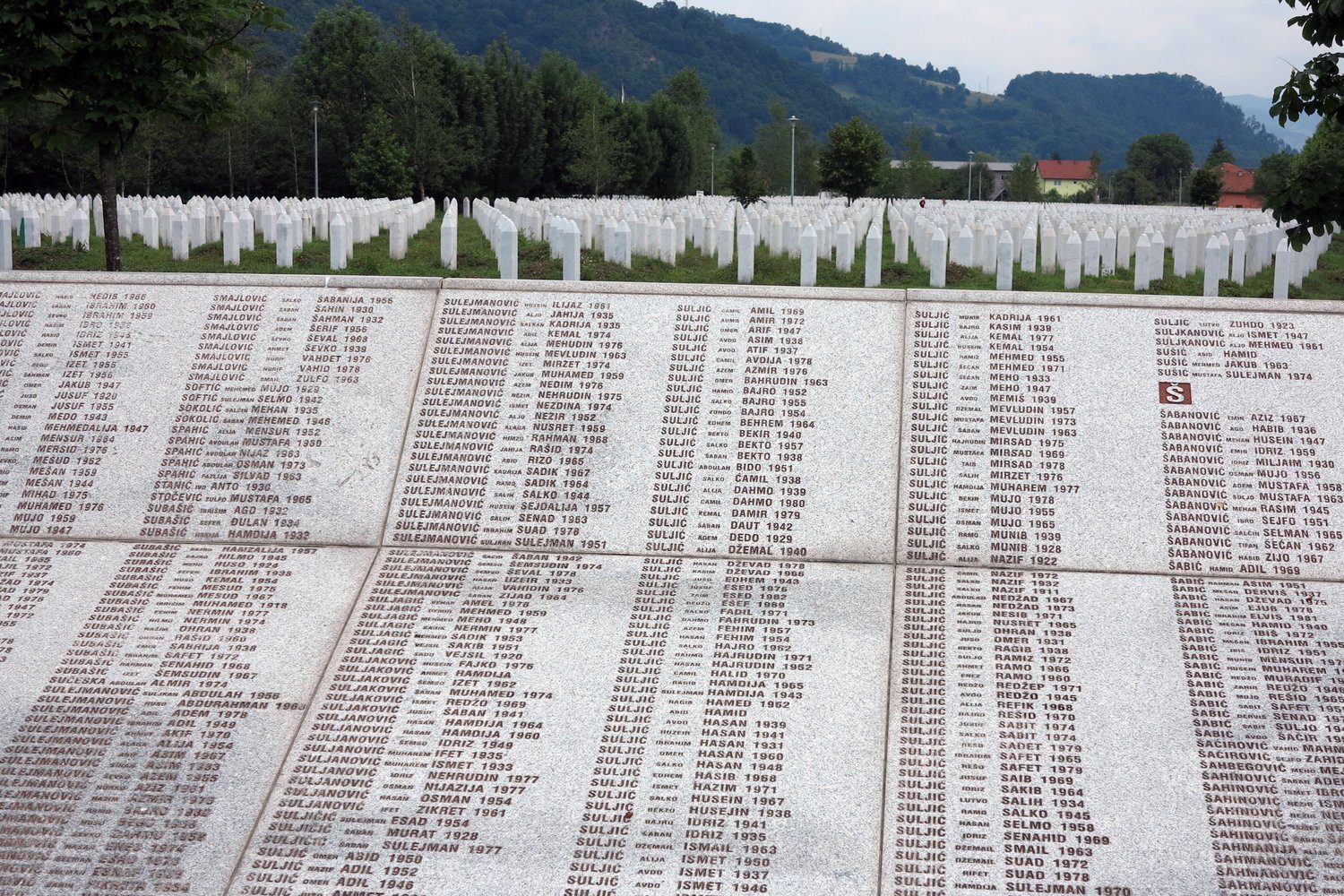UConn Firsts: The First Concert at the Jorgensen Center for the Performing Arts

Picture the scene: women in elegant party dresses and men in tuxedos are ushering patrons from a pink, marbled lobby into a concert hall with neat rows of plush, velvet seats for a performance of the Boston Symphony Orchestra. It was Dec. 6, 1955, and what was then called Jorgensen Auditorium, a dream 15 years in the making, was finally a reality. Named for UConn’s longest-serving president, Albert Jorgensen, the facility has hosted commencement ceremonies, gubernatorial debates, hip hop concerts, standup comedians, and countless other cultural events that have enriched the lives of students, faculty, staff, and visitors. Today, Jorgensen presents 25-30 acclaimed artists every year, attracting more than 70,000 patrons every season. Also the home of the Jorgensen Gallery and the Harriet S. Jorgensen Theatre, in the years since that first brisk night, the cultural center has become as much a part of UConn’s history and heritage as its presidential namesake.

Latest UConn Today
- Incoming UConn Medical Students Get Hands-On Summer Research ExperienceFor the first time the Health Career Opportunities Program of UConn Health offered matriculating UConn medical students summer research opportunities.
- Partnering with Communities to Improve HealthInCHIP’s Community Engagement Research Core’s latest networking event offers insights for successful community research partnerships
- Study Highlights Higher Rates, Risk Factors for Non-Fatal OverdosesA new opioid overdose study has identified several key risk factors associated with non-fatal overdoses drawing from a sample of people who use opioids in New Haven
- Archiving for Justice, Truth, and Memory: Unpacking the Baggage of What Went BeforeReflections on the importance of the newest addition to UConn’s ICTY Digital Archives, the Srebrenica Genocide Archives Collection.
- Multiple Sclerosis Patient Sees Bright FutureFrom unheard to understood
- UConn AUKUS Scholars Explore Undersea Vehicle Technology, International Collaborations in AustraliaFive College of Engineering students studied systems thinking and interdisciplinary teamwork essential in modern undersea vehicle development













